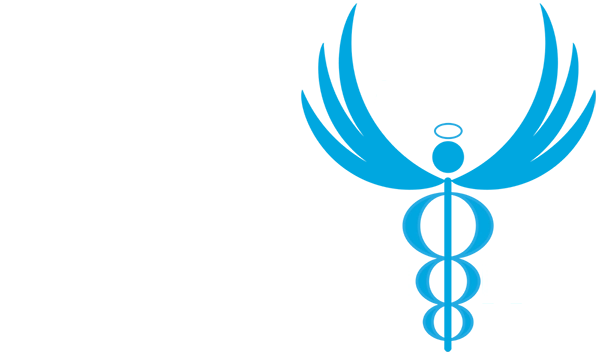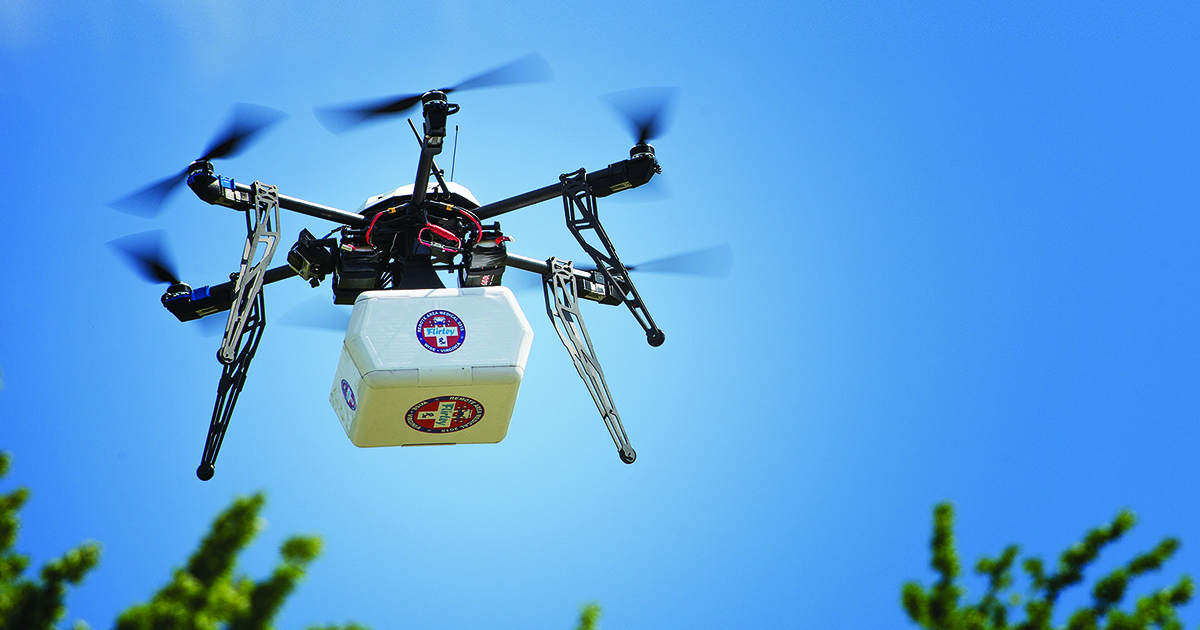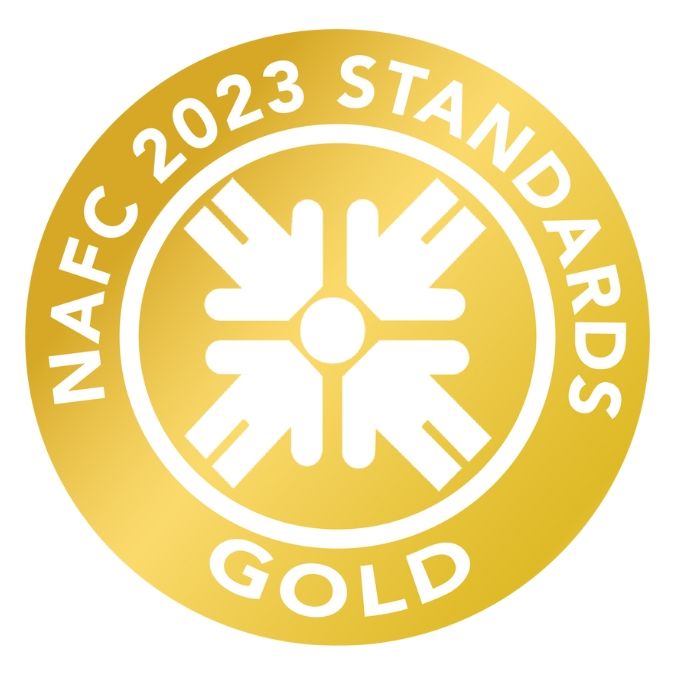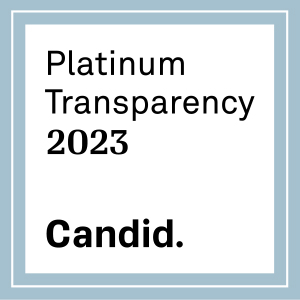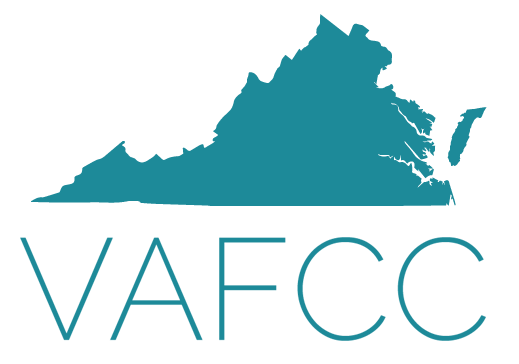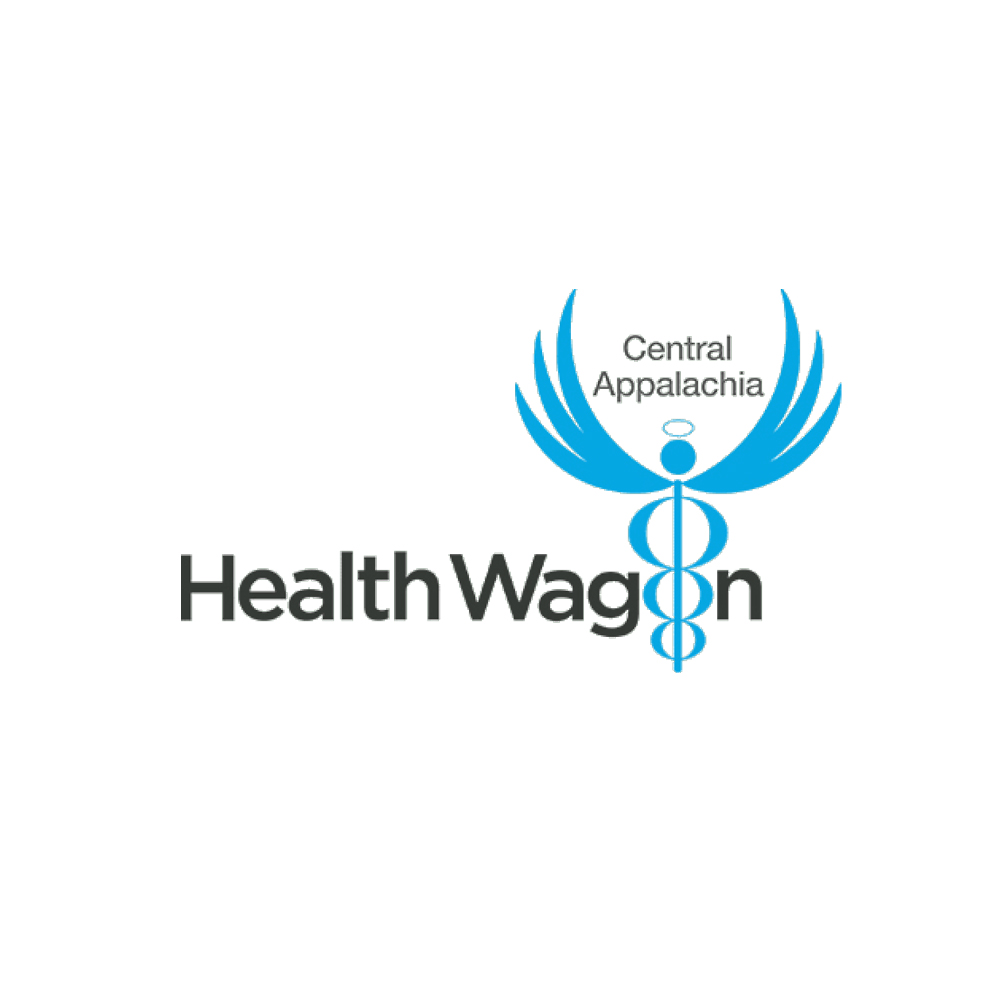Nurse-managed health clinics provide care to some of the most vulnerable and disadvantaged populations in the United States. The Health Wagon is one such clinic that serves southwest Virginia in the impoverished rural Appalachian region with the innovative use of mobile healthcare delivery. Ninety-eight percent of the Health Wagon’s patients are uninsured, and 78% have an income of less than $20,000 annually, despite working multiple jobs. Most make too much money to qualify for Medicaid but not enough to afford private insurance. The mobility of our clinic allows us to fill in the gaps and bring health care to the people living in Appalachia.
Innovation in healthcare delivery has been a mainstay of the Health Wagon not only where mobile health services are concerned, but most recently with the delivery of medications via drone at a Remote Area Medical (RAM) Wise County, Virginia, outreach, which is spearheaded annually by the Health Wagon. The event is the largest medical outreach in the country and was started by Sister Bernie Kenny, a nurse practitioner, and myself more than 17 years ago. This outreach program provides free eye, dental, and medical care during a summer weekend every year with the help of more than 1,400 volunteers. The clinic provides care at the local fairgrounds, and people camp out days in advance to receive desperately needed health care. The field clinic serves more than 6,000 patients during the 3-day weekend. Patients present with a variety of disorders, including hypertension, diabetes, coronary artery disease, chronic obstructive pulmonary disease, chronic kidney disease, and mental health issues such as depression and anxiety.
Stan Brock, founder of RAM, and I had discussed the potential use of drones in health care. I believed that medication delivery would be a very highly innovative concept that would meet the crucial needs of patients in rural areas. The concept was soon embraced by other partners, including Flirty, an Australian-based drone delivery service; NASA Langley Research Center; Virginia Tech’s Institute for Critical Technology and Applied Science; the Business and Economic Development Office of Wise County; Mid-Atlantic Aviation Partnership; and the Appalachian College of Pharmacy, among others.
The use of drones for medication delivery provides a great opportunity to address the medical needs of underserved communities. Living in a rural, mountainous area with often heavy snowfalls in the winter presents certain hardships, and patients often run out of much-needed medications. Last winter, southwest Virginia had a record-breaking 42 inches of snow, and the National Guard had to travel into rural areas and deliver life-saving medications such as insulin. The use of a drone to deliver medications to patients in need or to take supplies from our stationary clinics out to our mobile unit would be highly beneficial and meet crucial needs. Embracing this technology would give rural communities such as ours distinct advantages in the delivery of health care.
Medication delivered by drone
The six-rotor drone delivered medication to the rural outreach clinic on July 17, 2015, after the medication was flown to the Lonesome Pine Airport in Wise, Virginia, by a remotely operated NASA fixed winged aircraft. From that point, the drone delivered 20 smaller packaged medications from the airport to the clinic located at the neighboring fairgrounds, making multiple trips throughout the day. The drone made the delivery by lowering the packages of medications, in a controlled manner, while it hovered above the ground. The packages were received by a pharmacist and given to patients in need of critical medications that were identified during the event by a healthcare provider. Safety was maintained with built-in features that included return-to-safe-location in the event of a low battery or communication loss. The demonstration proved that drones have a future in the healthcare arena, as the fully autonomous machines use their preprogrammed delivery schedule and post to delivery. The drone has now been accepted by the Smithsonian Institution’s National Air and Space Museum.
The successful endeavor allowed the group of partners to demonstrate successfully how an unmanned aircraft can assist healthcare professionals in providing care more efficiently and allowing the gap of health access to be closed between those who can offer medical care and to those that are most in need. The monumental event demonstrated the trials of delivering health care in rural areas and how this evolving technology can be married to overcome challenges that healthcare providers face in delivering care in rural areas. According to Dr. Paula Meade, DNP, MSN, FNP-BC, PNP-BC, Clinical Director with the Health Wagon who also worked on the project, “This is a great accomplishment for our nurse-managed clinic and carries on our concepts of innovation.”
History of the Health Wagon
The Health Wagon, a free and charitable clinic, began with Sister Bernie, who came to the Appalachian region more than 30 years ago at the request of the Catholic Richmond Diocese to treat the poor and marginalized. Sister Bernie was one of the earliest nurse practitioners in the region. She previously had been a midwife in Tanzania before returning to the states. She literally began giving care from the back of a Volkswagen Beetle, which became known as the “Health Wagon.” The Health Wagon quickly evolved into a 501c3 non-profit clinic. Today, it serves patients at 11 different locations via mobile health clinics and two stationary clinics that are located in some of Virginia’s poorest areas. The six counties that the Health Wagon serves are designated as federal Health Professional Shortage Area and Medically Underserved Areas. In the region, 43% of the population is below 200% of the federal poverty level.
“The Affordable Care Act has done little to help our patient population,” said Dr. Meade. “Our patients are still too poor to afford the monthly premiums, and even if a perfect payer was implemented today, there are still not enough providers in the region to see the patients. The needs and healthcare disparities here are alarming, and we have to look at different delivery formats to optimize care and bring additional resources to the patients in need.”
The future of drones in health care
The sky is the limit with drone technology. We may be able to not only deliver medications via drones, but we may also be able to deliver crucial supplies. Most of the Health Wagon’s service revolves around mobile health, and being able to deliver supplies such as sutures, dressings, and others out to the field where our mobile clinic is set up would be highly beneficial. Some of the mobile sites that the Health Wagon visits are more than 2.5 hours away, and it is impossible to anticipate all needed items for each trip.
In the future, I would like to have a drone pilot on our staff who would coordinate air to ground deliveries of medications and supplies to mobile field clinics and patients alike. This is where the future will take us. The technology is here, and this will be just one more part of the arsenal that can be used to reduce healthcare disparities. I have also seen concepts in which drones deliver automatic external defibrillators to provide stat defibrillation for ventricular fibrillation. It may be difficult to find an automatic external defibrillator in a prompt manner. In the future, one may be able to summon the defibrillator by an app on a smart phone.
The biggest obstacle for drone usage is currently the regulatory environment. The FAA has banned all drone commercial uses in the United States. This test flight allowed the only freight exemption that permitted a real delivery. The FAA continues to work on guidelines that will address safety issues related to drone usage. However, other countries are embracing the technology in rapid fashion, and the United States lags behind in policing the safety of drone activity. To the FAA’s credit, airspace in the United States is the safest in the world, and progress toward the goal of full use of drones continues to be monitored and evaluated.
Merging humanitarian relief with technology
As demonstrated by the Health Wagon and its partners, humanitarian relief can be addressed with this emerging technology, which can be used to improve health outcomes. The locus of care is moved closer to the patient where health care can be optimized. In rural areas such as Appalachia where mountainous terrain and transportation are certain barriers for patients, using drones will be a transforming idea that will improve healthcare access. On another positive note, southwest Virginia is holding to the promise that this may be an answer to the coal counties’ economic struggle to recover from mining job losses, which have been catastrophic for the region.
This unprecedented drone delivery has been the impetus for leaders to strategize on how the drone technology can be used to promote economic development. The type of testing that occurred was ideal, given the rural, unpopulated geography. This could translate into job creation with health insurance and go a long way to alleviate the mounting burden that the Health Wagon faces on a daily basis seeing patients without insurance. The lack of healthcare access is multifaceted, and changing the dynamic at this level would be great for all involved. To know that it all started with a nurse-managed clinic would be another testament to the creative nature of nurses.
